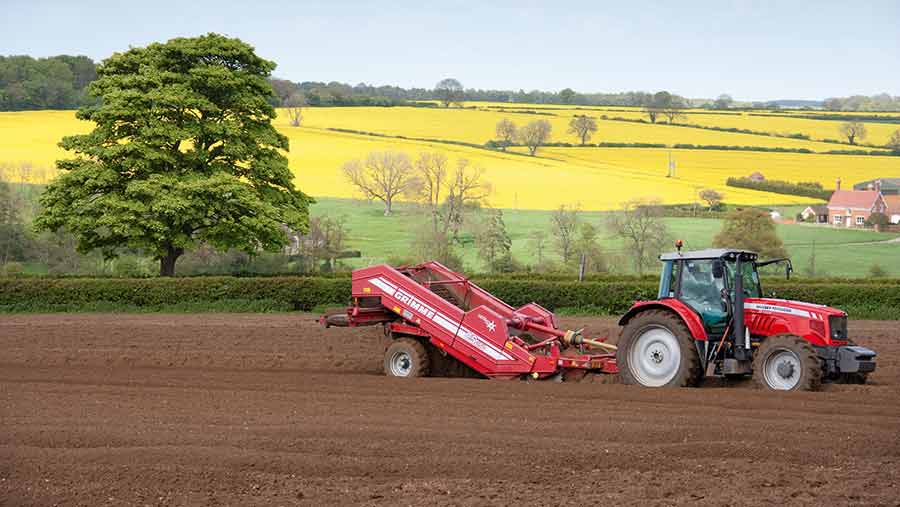Opinion: The agricultural status quo simply isn’t working
The words most UK farmers seem to greet one another with these days are “what a mess we’re in” or something similar.
The reasons are plain to see. Ex-farm commodity prices have collapsed because of the Russian import ban, there’s overproduction of many commodities around the world, reduced demand from consumers and, for some, the scandalous delay in receiving BPS payments.

© Tim Scrivener
As a result, farm borrowing has doubled and the cashflow crisis has intensified, with many farmers unable to pay their bills leading to the inevitable effect on suppliers and the rest of the rural economy.
Defra’s own statistics state that 2015 farm incomes declined 29% compared with the previous year and, unsurprisingly, an NFU survey showed industry confidence is lower now than at any time since the survey began.
Meanwhile, the price war between supermarkets is imposing even more pressure on market prices.
And the weather has been so wet (in this part of Norfolk, we had 508mm of rain in the first four months of the year – our annual average is 610mm) that many spring crops were not drilled at the optimum time.
As my grandfather told me, “cuckoo barley” never yields. In other words, there is little or no indication that the situation will improve any time soon.
 David Richardson farms about 400ha of arable land near Norwich in Norfolk in partnership with wife Lorna and son Rob.
David Richardson farms about 400ha of arable land near Norwich in Norfolk in partnership with wife Lorna and son Rob.Indeed, the Prince’s Trust has said the future for farmers looks “bleak”. George Dunn, chief executive of the TFA, said a few weeks ago that “policy-makers are chasing the fantasy that the free market is the answer to our plight”.
See also: David Richardson’s autobiography advice for farmers
The market is neither free nor fair, he went on, and he spelled out what was required.
His wishlist included a better deal from retailers, which risk destroying their UK supply base; for all public procurement of food, for schools, hospitals and prisons to be from British producers; for more effective government support rather than threats of still more cuts; and for urgent action, not rhetoric.
In short, depending on your sector – and few are exempt – this is probably the most depressing period most farmers have ever experienced.
The status quo isn’t working and many believe it’s time for a change. The Farmers Weekly survey on voters’ intentions at the referendum on 23 June suggests the majority of British farmers feel that way.
Presumably that majority have heard what Owen Paterson, George Eustice and co said and believed they could deliver what they have promised if we left the EU.
I do not buy their Brexit arguments and shall vote to stay in – despite my reservations about several EU policies. I believe Britain would have a better chance of getting some of those policies changed if we stay in than if we leave.
The “out” brigade points out that, as this country contributes more to the EU than we get back, it is logical that if we stopped contributing there would necessarily be more cash for British farmers.
This neglects to account for the fact that the Treasury would hold the purse strings and also the competing demands there would be for funds.
The queue for such funds would be headed by the NHS, followed by education and defence.
Agriculture, representing only about 1% of the electorate, would be at the tail end of the queue and pick up any dregs that might fall from other tables.
At least that would be the case while supermarket shelves were full, which they are at present.
The EU’s agriculture constituency is much stronger than Britain’s and, for all its faults, would ensure farming’s interests were better served.

